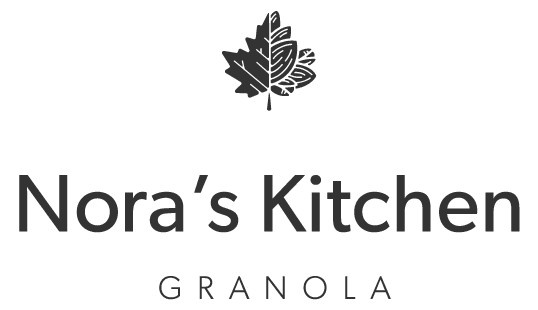Why would I go on a gluten-free diet plan?
Most people who decide to go on a gluten-free diet plan do so for many different reasons, but the type of gluten-free diet and specific lifestyle changes they are seeking may also vary from person to person. Going gluten-free means different things to different people. For instance, I am gluten-free, but I do not eat gluten-free products. I am on a low-carb diet and when I do choose to have carbs I will eat rice, sweet potatoes, or beans. I have gluten sensitivity. Others may choose to be gluten-free for a variety of particular reasons like dieting or being allergic to gluten which is known as celiac disease. Celiac disease, non-celiac gluten sensitivity, and wheat allergy are all conditions treated with a gluten-free diet.
Will a gluten-free diet plan improve my health?
The next question is will a gluten-free diet plan improve your happiness and health? If you have celiac disease then being gluten-free is your only option for health, but choosing to follow a gluten-free diet plan can be healthy for many other people as well. If an individual whose diet contains large amounts of bread, pasta, and cookies (especially those made from refined flour) switches to a gluten-free diet that eliminates these foods while increasing fruits, vegetables, and protein, the result would likely be a healthier and happier lifestyle. However, if you choose to have a gluten-free diet and eat gluten-free related products without increasing intake of healthful gluten-free foods like vegetables and fruits the results are not usually as noticeable. In this case, a person might experience a reduction in diet quality since many gluten-free processed foods are lower in fiber, vitamins, and minerals than their gluten-containing counterparts. This type of gluten-free diet plan might be higher in calories since many processed gluten-free foods contain higher levels of fat and/or sugar. The obvious answer is yes, a gluten-free diet plan can improve your happiness and health if you are keeping things restrictive in the right way.
How to increase happiness and health with a gluten-free diet plan
The main benefit of this diet is avoiding “processed” foods. Many foods that are processed and available for purchase contain a lot of gluten, which is essentially unhealthy. Overly processed foods are bad for you because they contain chemicals and artificial sugars. These artificial ingredients are not actually real food, they are artificial chemicals that can be added for various purposes. Processed foods also contain high unhealthy fats. These cheap fats, otherwise known as a refined seed and vegetable oils like soybean oil, are often hydrogenated which turns them into trans fats. Processed foods are also typically higher in sugar and high fructose corn syrup, as stated above, and we all know that when sugar is consumed in excess it can be seriously harmful. Sugar is an “empty” calorie. It has no essential nutrients but contains a large amount of energy. All of these things can have devastating effects on your metabolism which can lead to a number of issues like insulin resistance, increased levels of cholesterol, etc. Processed foods and beverages are the largest sources of added sugar in any diet. This links back to these foods having high refined carbohydrates. Processed foods can be high in carbs, but it is usually the refined variety and like sugar can lead to high levels of blood sugar and insulin levels. Overall just avoid processed foods no matter what type of diet you are on.
Eating gluten-free can also help with irritable bowel syndrome (IBS) and because most of our serotonin is in our digestive tract (about 90%) this can have a lot to do with our overall happiness and health. Gluten grains (wheat, rye, and barley) are high in FODMAP – which stands for Fermentable Oligosaccharides, Disaccharides, Monosaccharides, and Polyols – that can be easily fermented by intestinal bacteria which leads to bloating, cramping, and/or diarrhea. This all plays into gluten sensitivity. I deal with these issues but do not have IBS or celiac disease. This is a relatively new focus for researchers as these sensitivities would not damage the small intestine like in celiac disease, but there is still some possible immune system reactivity to foods containing gluten.
If you suspect that you have a gluten intolerance, the first thing you should do is consult your doctor and get tested for celiac disease. However, if by experimenting you find you feel much better mentally and physically by cutting out gluten on your own then by all means keep doing it. The major differences I found in my own study were fewer headaches, a massive drop in my fatigue levels, no bloating, no cramping, and healthier bowel movements. I am less tired and more awake. My skin is much clearer and my moods are more balanced. I am overall happier because I am not dealing with these health issues that occurred when eating gluten.
In conclusion, I find having a gluten-free diet has improved my happiness and health. I am not tired at 2 pm, I wake up feeling refreshed, I don’t want to take a nap after I eat lunch and I’m much happier with each new day. I feel the happiest when I feel good in my own body and that’s why I encourage everyone to try something new in their diet. It just might be the answer you’re looking for.
